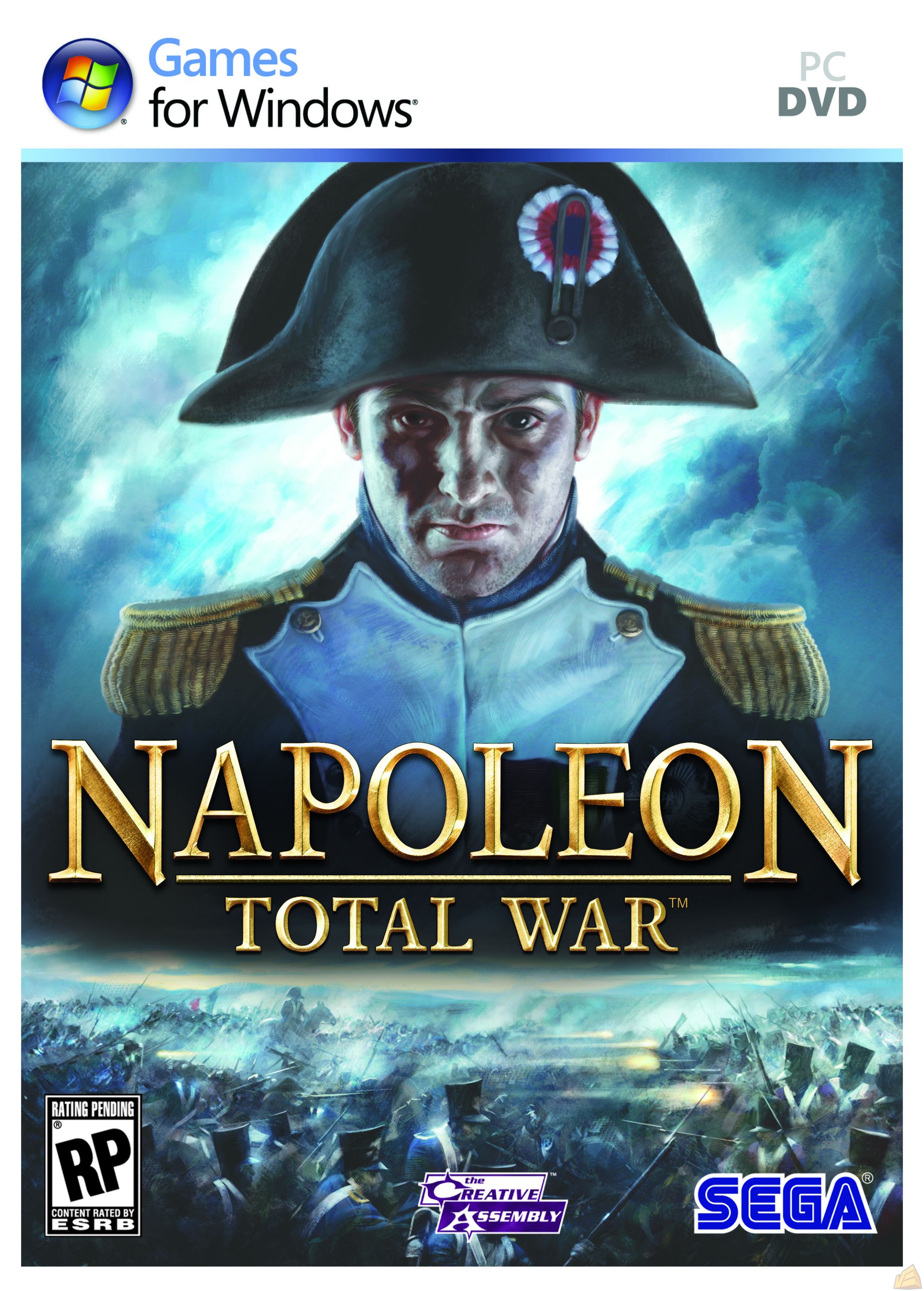

The Congress of Vienna redrew the borders of Europe and brought a period of relative peace. After forming the Seventh Coalition, the Allies defeated him permanently at Waterloo in June 1815 and exiled him to Saint Helena, where he died six years later. But Napoleon escaped in February 1815, and reassumed control of France for around one hundred days. He was exiled to the island of Elba, and the Bourbons were restored to power. Coalition troops captured Paris at the end of March 1814 and forced Napoleon to abdicate in April. The Allies then invaded France from the east, while the Peninsular War spilled over into southwestern France. The resulting campaign ended in disaster and the near destruction of Napoleon's Grande Armée.Įncouraged by the defeat, Austria, Prussia, Sweden, and Russia formed the Sixth Coalition and began a new campaign against France, decisively defeating Napoleon at Leipzig in October 1813 after several inconclusive engagements. The Spanish and Portuguese revolted with British support and expelled the French from Iberia in 1814 after six years of fighting.Ĭoncurrently, Russia, unwilling to bear the economic consequences of reduced trade, routinely violated the Continental System, prompting Napoleon to launch a massive invasion of Russia in 1812. After occupying Lisbon in November 1807, and with the bulk of French troops present in Spain, Napoleon seized the opportunity to turn against his former ally, depose the reigning Spanish royal family and declare his brother King of Spain in 1808 as José I. Hoping to isolate and weaken Britain economically through his Continental System, Napoleon launched an invasion of Portugal, the only remaining British ally in continental Europe.

At first, the Austrians won a stunning victory at Aspern-Essling, but were quickly defeated at Wagram. The peace failed, though, as war broke out in 1809, with the badly prepared Fifth Coalition, led by Austria. Napoleon quickly defeated the Prussians at Jena and the Russians at Friedland, bringing an uneasy peace to the continent. Concerned about increasing French power, Prussia led the creation of the Fourth Coalition with Russia, Saxony, and Sweden, and the resumption of war in October 1806. This victory secured British control of the seas and prevented the invasion of Britain itself. At sea, the British severely defeated the joint Franco-Spanish navy in the Battle of Trafalgar on 21 October 1805. In response, Napoleon defeated the allied Russo-Austrian army at Austerlitz in December 1805, which is considered his greatest victory. In 1805, Austria and Russia formed the Third Coalition and waged war against France. Napoleon, upon ascending to First Consul of France in 1799, had inherited a republic in chaos he subsequently created a state with stable finances, a strong bureaucracy, and a well-trained army.


 0 kommentar(er)
0 kommentar(er)
